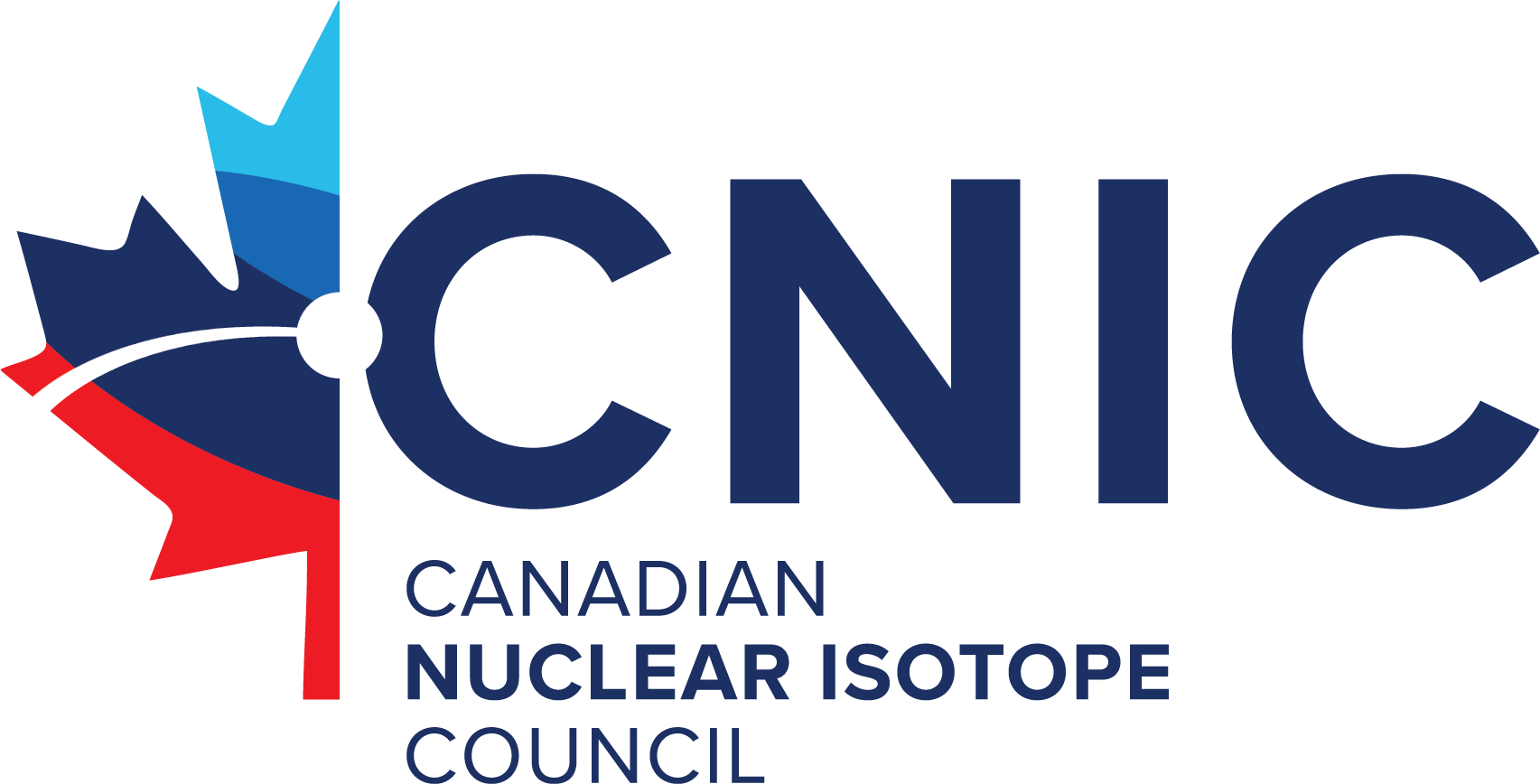TORONTO – March 30, 2021 – Following a market study completed in March 2020, the Welsh government worked with the Organization of Canadian Nuclear Industries, the Canadian Nuclear Association, and Natural Resources Canada on a digital trade mission. The four-day event explored bilateral opportunities in Canada, the UK, and other markets of interest for Welsh and Canadian companies.
As part of the mission, the Canadian Nuclear Isotope Council (CNIC) had the opportunity to participate and share details about the Canadian isotope sector and begin to explore export opportunities for its members.
“Quickly bearing the fruits of its labour, the trade mission is already having its intended effect,” said James Scongack, Chair of the CNIC. “We’ve created critical partnerships between Welsh and Canadian companies that will help advance the promise of nuclear energy and medicine. We’re excited to work with Bangor University and the Nuclear Futures Institute.”
Bangor University is a world-leading research university engrossed with place-based innovation and a strong focus on the distinctive strengths of the North Wales region. It is also home to the Nuclear Futures Institute, which is aimed at developing a world-leading capability for Wales in nuclear science and engineering. The goal is to establish North Wales as a global centre in nuclear technology; fostering industrial links and opportunities and works closely with the UK industry.
“Partnering with Bangor University, whose expertise will be heavily relied on throughout the development of a Welsh nuclear strategy, the CNIC and its 75 member companies will be able to provide their insight, expertise and knowledge to strengthen the global supply chain of medical isotopes, while simultaneously generating export growth opportunities for our own nuclear medicine supply chain,” Scongack said.
In recent years, the Welsh government has become more active in both the nuclear energy and nuclear medicine conversations, exploring the future potential of developing small modular reactors and other associated technologies in order to secure a supply for medical isotopes.
Ken Skates, Minister for Economy in North Wales, has even gone so far as to say, “There is huge potential for the development of small modular reactor technologies and there is expertise and skill in the nuclear field in North Wales, with AMRC Cymru and developments at Bangor University, as well as the sites at both Trawsfynydd and Wylfa [on the Isle of Anglesey].”
“This government support and development of the Nuclear Futures Institute (NFI) is helping Bangor University develop a number of highly ambitious projects in the wider energy sector with a focus on sustainable and secure energy supplies for the future. Recent appointments in the NFI, including Dr Lee J. Evitts as lecturer in nuclear medicine, are extending our capability into new multidisciplinary areas” added Professor Bill Lee, Director of the Nuclear Futures Institute.
“However, in order to be most effective, we must also establish international connections and partnerships that will help support Wales through this nuclear transition. That is why, by partnering with the CNIC and other Canadian companies, we are further enhancing the nuclear expertise and academic capacity of the University. Together, these initiatives will establish North Wales as a global centre of expertise, helping to develop a new generation of scientists and engineers to tackle the urgent need for medical radioisotope production, low-carbon energy and energy security around the world.”
About The Canadian Nuclear Isotope Council
The CNIC is a coalition of science, health-care and nuclear-sector organizations to ensure Canada remains a world leader in the production of life-saving isotopes by bringing awareness and supporting long-term policies at the domestic and international level that will save countless lives and support health-care innovation for decades to come. To learn more about the CNIC visit www.CanadianIsotopes.ca and follow us on, Facebook, Twitter, and LinkedIn.
For more information, please contact:
Andrew Thiele
Director
Canadian Nuclear Isotope Council
226.930.1869
canadianisotopes@gmail.com
About Bangor University
Established in 1884, Bangor University has a long tradition of excellence and exceeds expectations, both for academic standards and student experience.
Bangor University has a long tradition of academic excellence and a strong focus on the student experience. Around 10,000 students currently study at the University, with teaching staff based within fourteen Academic Schools. Bangor University is ranked in the top 40 in the UK for research*, according to the Research Excellence Framework (REF) 2014. The REF recognised that more than three-quarters of Bangor’s research is either world-leading or internationally excellent, ahead of the average for UK universities.
The Nuclear Futures Institute (NFI) was established in 2017 with £6m Sêr Cymru funding to support regional ambitions in nuclear technology. To learn more about the NFI visit www.nubu.nu.
For more information about Bangor University and the NFI:
Dr Lee J. Evitts
Lecturer in Nuclear Medicine
Nuclear Futures Institute
Email: l.evitts@bangor.ac.uk
Phone: 01248 38 2792
